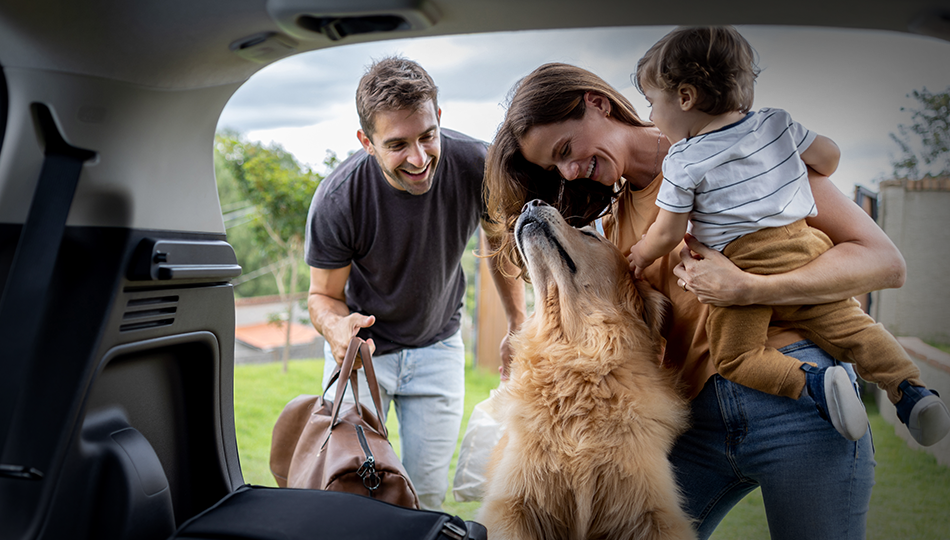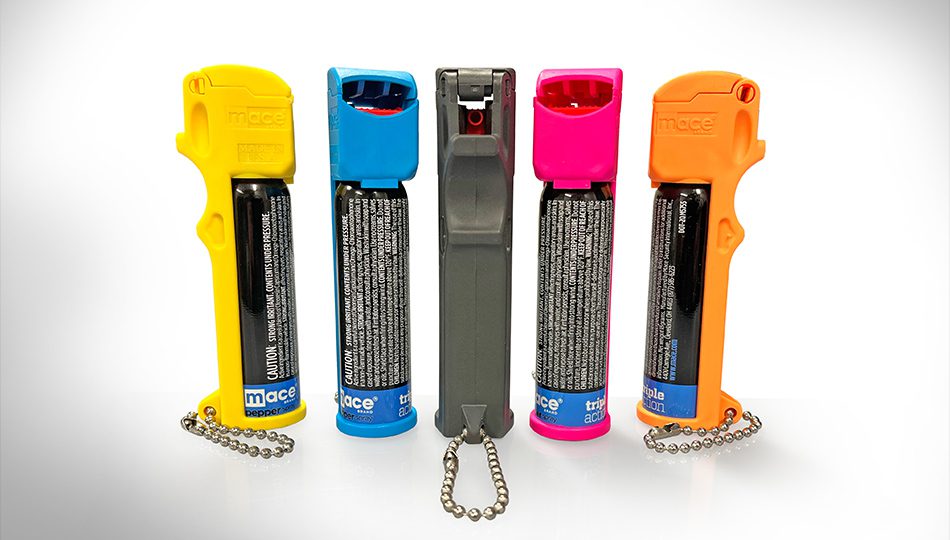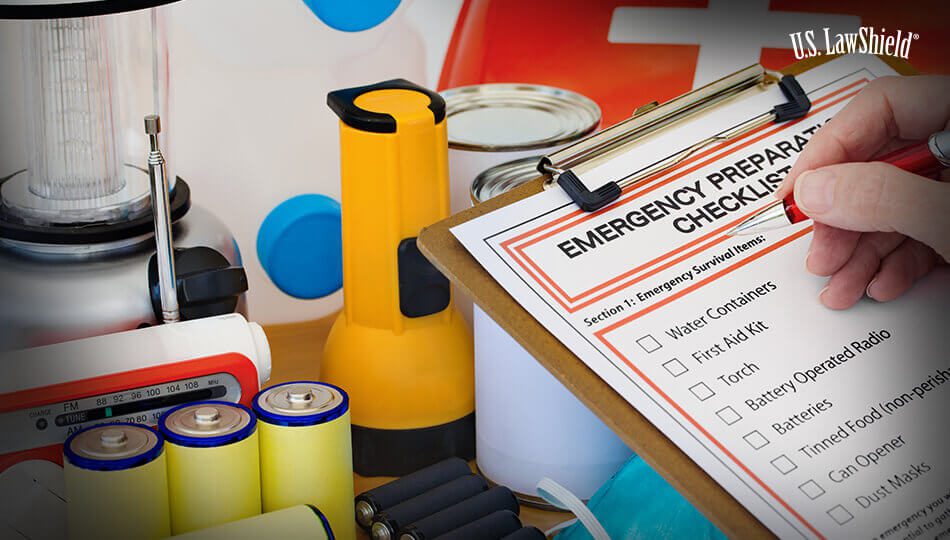The following is a video transcript.
New Year’s Eve is right around the corner. As we celebrate this special time of year, there are a few things to keep in mind that do not mix: drinking, driving, fireworks, and firearms.
Celebrating with Firearms
We often hear of people firing their guns off in the air to celebrate the New Year. Do not do this. I repeat, do not do this. This is very dangerous activity that can result in either serious bodily injury or death and land you in jail. Virginia law criminalizes the reckless handling of a firearm, and many counties and cities have local laws that make it illegal to willfully discharge a firearm within their jurisdiction, subject to certain exceptions like self-defense.
Firearm safety should always be strictly observed. Never display or discharge your firearm in a reckless or unsafe manner.
Celebrating New Year’s Eve with Fireworks
What about fireworks? Certain fireworks are legal in Virginia, according to state law, such as sparklers, fountains, pharos, serpents, pinwheels, and whirligigs. However, Virginia counties and cities have the authority to ban fireworks completely and many of them do.
New Year’s Eve and Alcohol
What about alcohol? It goes without saying that operating a motor vehicle while intoxicated is a criminal offense. Similarly, carrying a concealed handgun with a concealed handgun permit (CHP) while intoxicated is also a crime.
Helping Others
If you do too much celebrating over the holiday, do not drive and do not carry your firearm. Unfortunately, accidents do happen, and in some instances there are injuries. Whether it is fireworks or some other accident, common questions we get asked include, what happens if I see someone who needs medical assistance? Will I be civilly liable if I accidentally injure them while rendering aid? While you are not typically required to perform first aid, Virginia law protects you when administering emergency or life-saving treatment to someone in need. This protection is commonly called the Good Samaritan Law.
Whether it is a firework mishap, car accident, or some other type of injury, the Good Samaritan Law states that you will not be civilly liable if you administer emergency care in good faith, reasonably and without compensation.
We wish you and yours a Happy New Year. Call U.S. LawShield and ask to speak to your Independent Program Attorney if you have any questions about any of these topics.





Leave A Comment